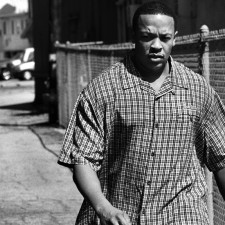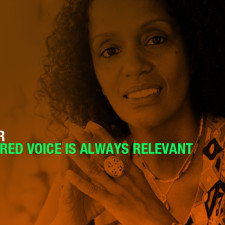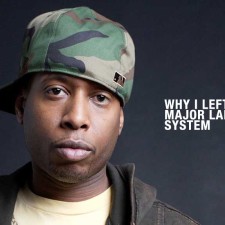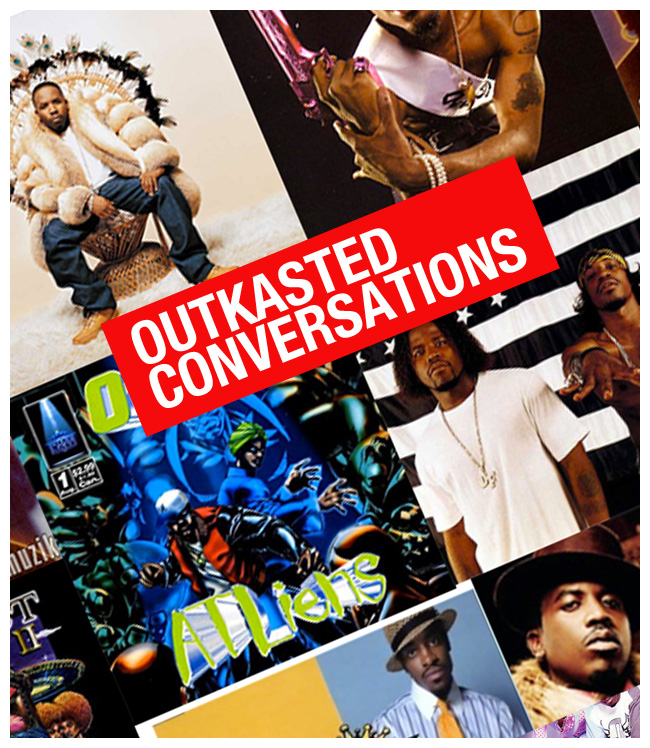
M.I.A.
In the complex interaction of race and music, some artists seek to change the way they are in order appear more acceptable. Others try to transcend the notion of race and ignore it completely. Still others tend incorporate their racial pride and biases in their music, and use a racial layer as an added dimension to their music. The works of Mathangi “Maya” Arulpragasam, better known by her stage name M.I.A., show just that – an infusion of her Tamil race and native sounds into a current popular music style, constantly negotiating the way she promotes her image and is reflected by critics.
 M.I.A. was born in England but returned to her parents’ homeland of Sri Lanka when she was an infant. After the war torn country became too unsafe, her family relocated to India, and eventually back to England. Her family is of Tamil descent, which is the ethnic minority in Sri Lanka, and her father promoted Tamil independence, which caused trouble with the government. Her rough childhood, fraught with war and displacement, certainly influenced her goals as an artist. How can she encapsulate the essence of a refugee, an immigrant from a third-world country, trying to “make it” in America?
M.I.A. was born in England but returned to her parents’ homeland of Sri Lanka when she was an infant. After the war torn country became too unsafe, her family relocated to India, and eventually back to England. Her family is of Tamil descent, which is the ethnic minority in Sri Lanka, and her father promoted Tamil independence, which caused trouble with the government. Her rough childhood, fraught with war and displacement, certainly influenced her goals as an artist. How can she encapsulate the essence of a refugee, an immigrant from a third-world country, trying to “make it” in America?
Her song “Paper Planes,” released in 2007 from her album Kala, encapsulates her playing with race. The song has an alternative hip-hop feel – a genre that has been dominated by black artists. Yet the song gained popularity after it was featured in trailers for the movie “Pineapple Express,” a comedy movie about two white stoners. Her representation by the media gave a mixed image: a black sound in a white setting, when she herself was neither black nor white. To the uninformed American, her skin color provides no real insight into what we define as race; a light shade of brown could truly identify with anything.
M.I.A – Paper Planes
So with mixed notions from the media, how did M.I.A. promote the image she wanted? Her lyrics and music videos give way to images of urban settings and foreign jungles, a mix of her varied upbringing. The sound of children’s voices that is prevalent in her songs, like “Paper Planes” and “Galang” stem from her Tamil race’s status as secondary in Sri Lanka, as one writer for The New Yorker put, “It’s a voice from a place where kids throw rocks at tanks, where people pull down walls with their bare hands. It could be the sound of a carnival, or a riot.”
M.I.A. – Galang
Her Tamil race is not well known by Americans, and her story is one that she feels needs telling. But in order to reach a wide audience, she infuses her message into a style and promotion that can appeal to many races. As she put it herself, “Nobody wants to be dancing to political songs. Every bit of music out there that’s making it into the mainstream is really about nothing. I wanted to see if I could write songs about something important and make it sound like nothing. And it kind of worked.”
Robbie Berg
Tags: Hip-Hop, M.I.A.

 Share On Facebook
Share On Facebook Tweet It
Tweet It











